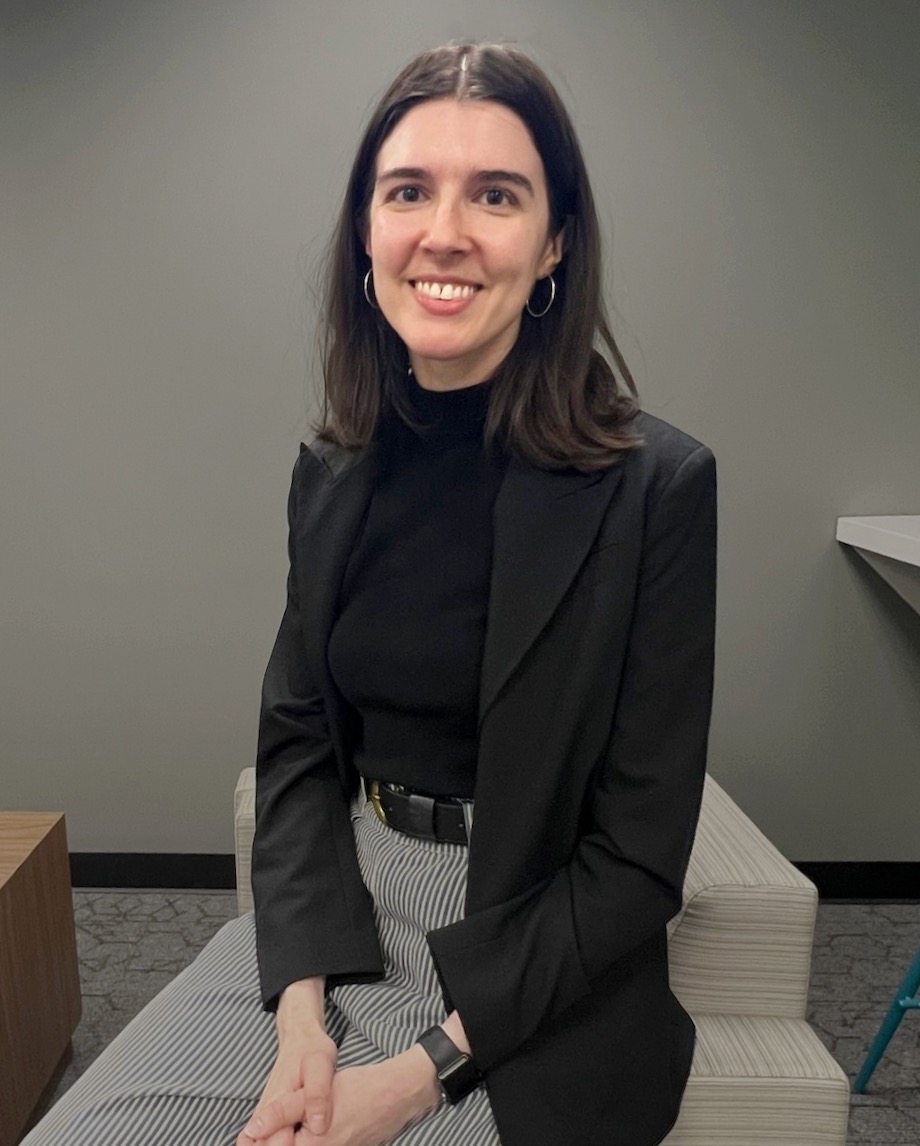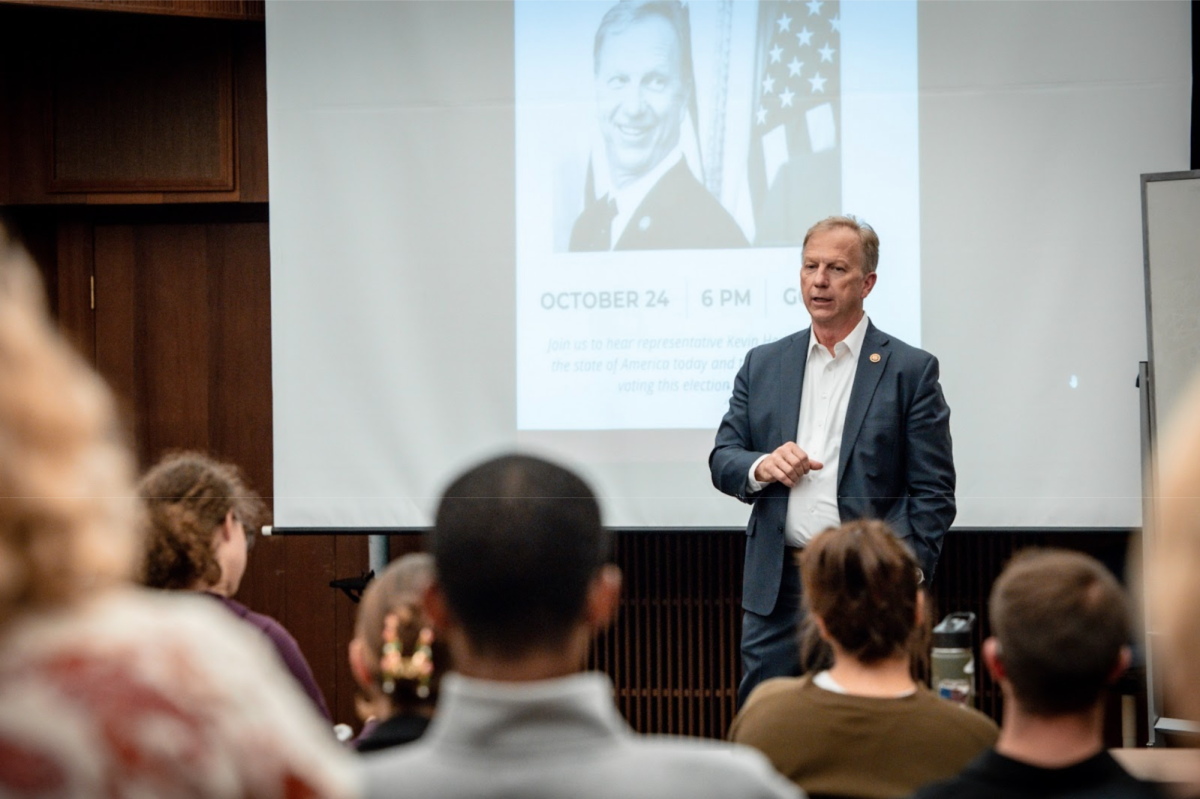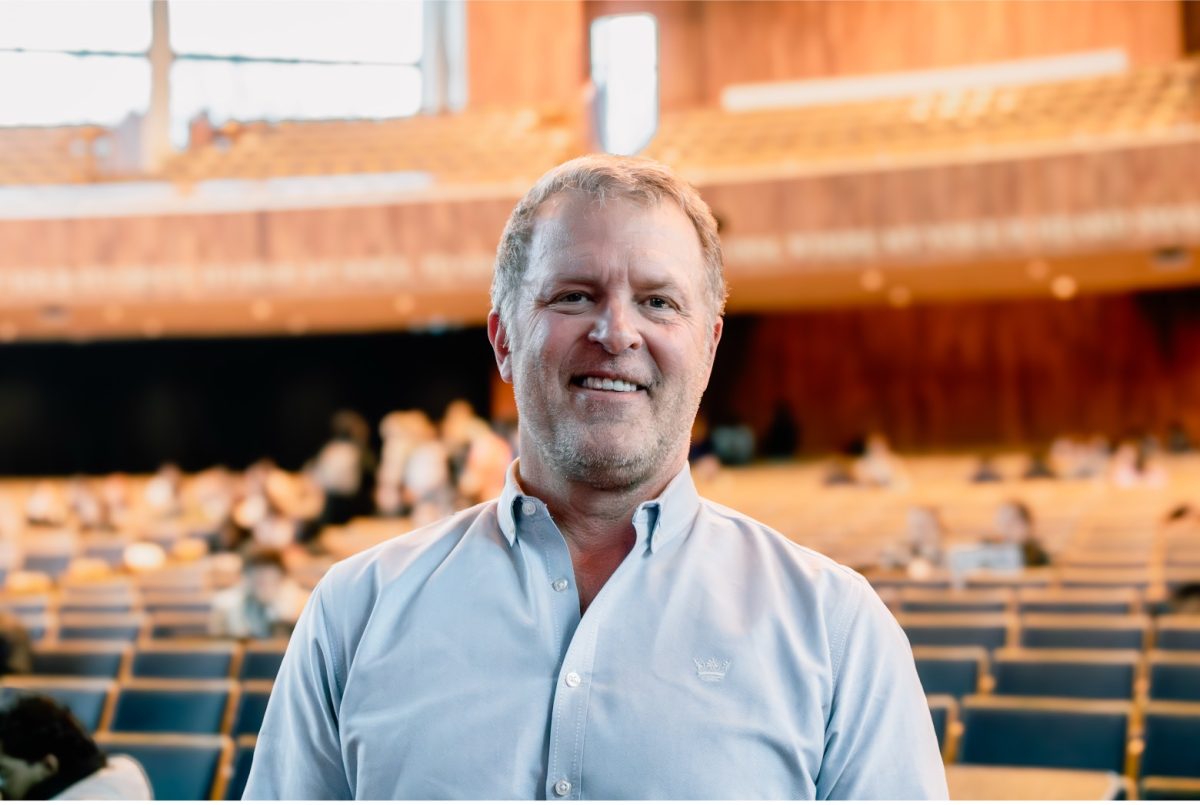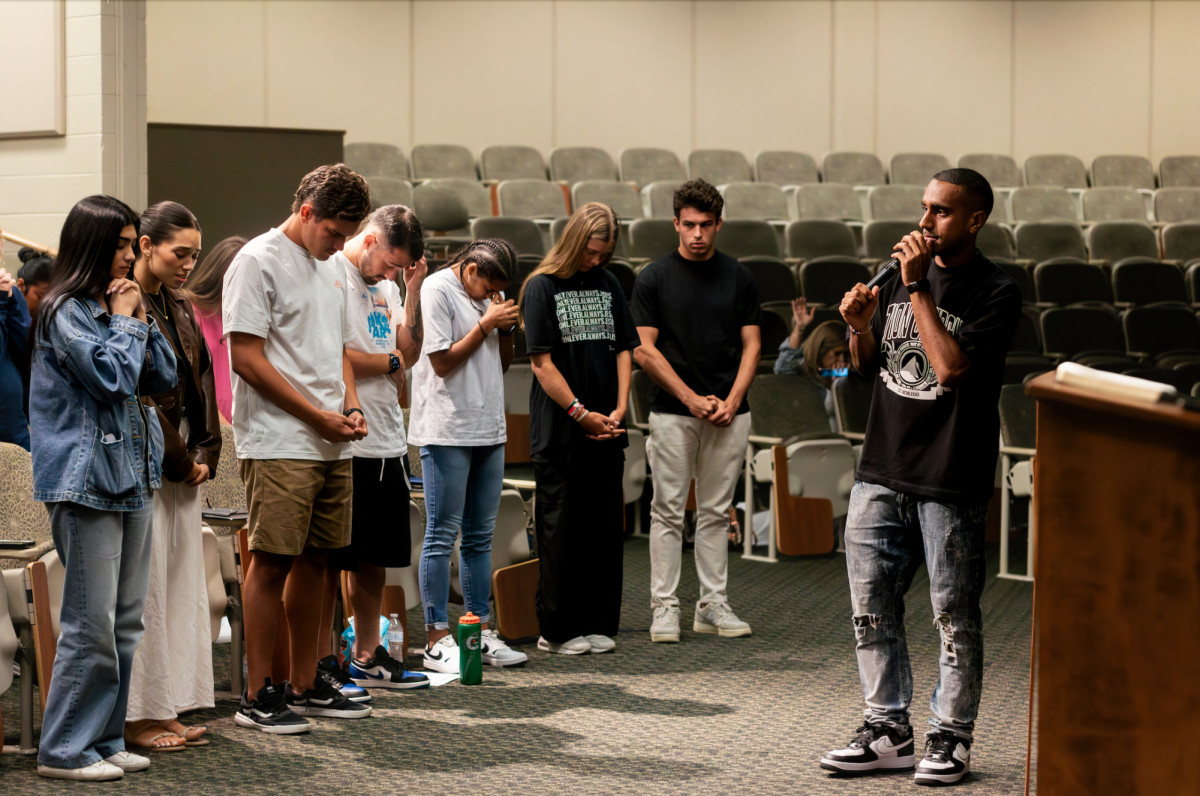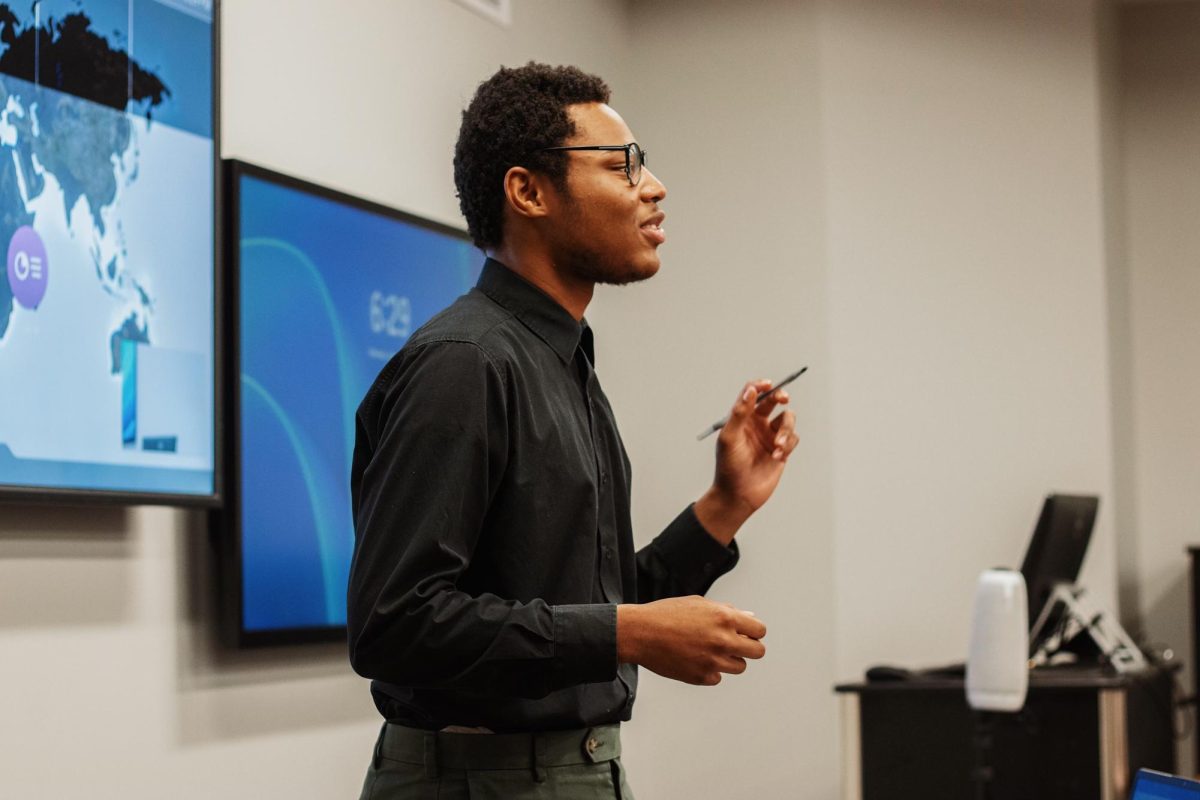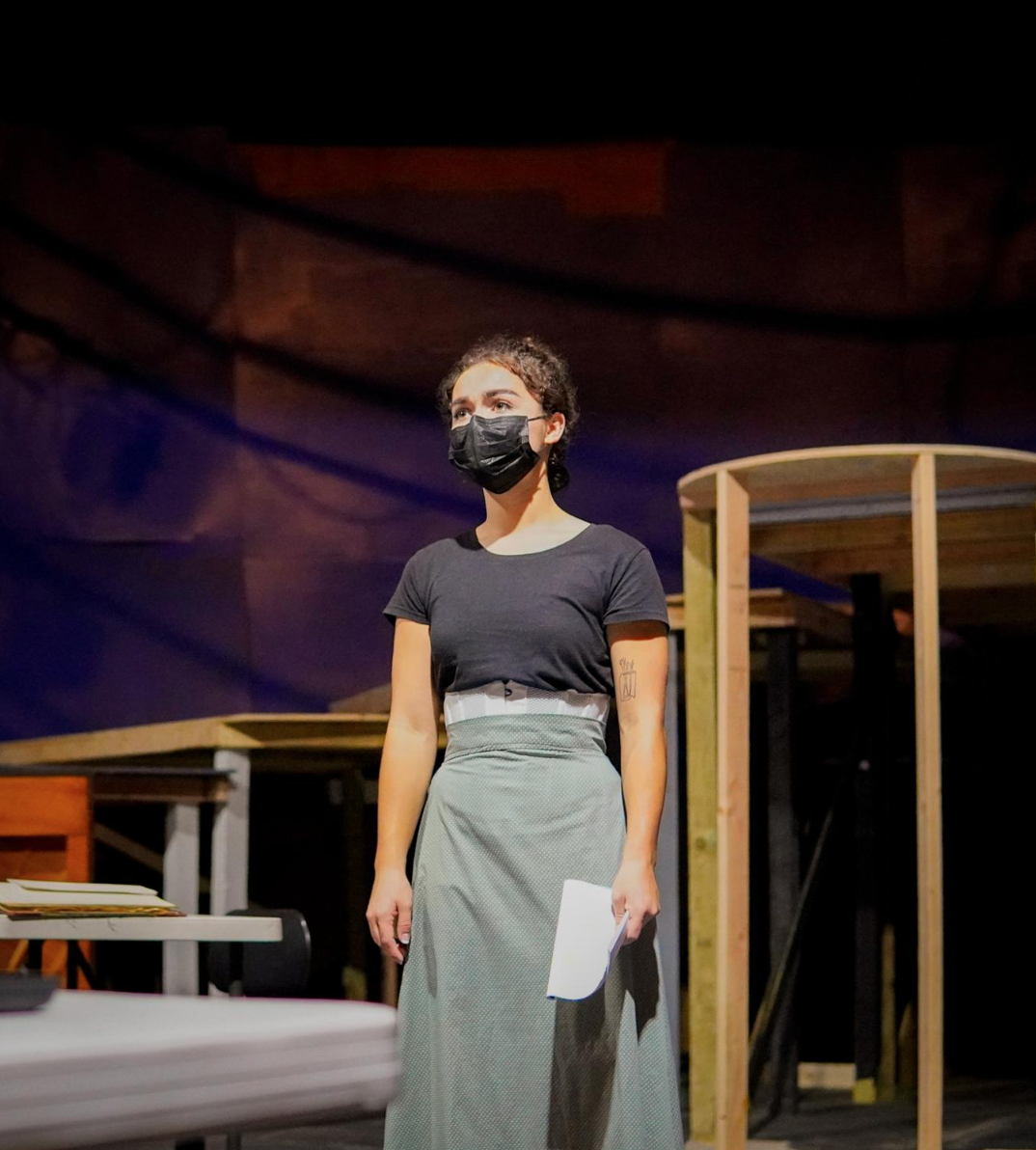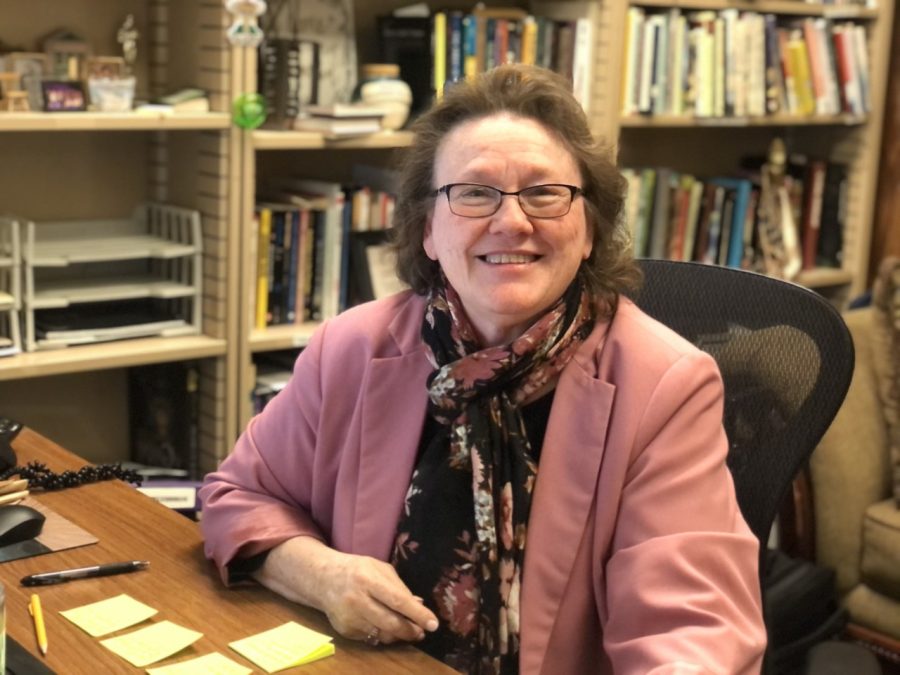Ring by spring
An ORU love story featuring Bri Riley and Philip Lopez.
March 7, 2022
Nursing senior Bri Riley and theology senior Philip Lopez plan to get married after graduating from Oral Roberts University this spring.
“This is the dress!” Bri Riley, a senior nursing student at Oral Roberts University, smiled as she pulled a beautiful wedding gown from her closet. “It was hard to find time to get one with my busy school schedule.”
She ordered it off Amazon.
“You would never be able to tell,” Riley said. “It is so fancy!”
The dress will make its public debut May 3 as Riley walks down the aisle toward her groom, Philip Lopez.
Bri and Philip met through ORU’s prayer movement.
“Bri sang at a prayer set and I was the men’s prayer coordinator,” said Philip, an ORU senior in historical and philosophical theology. “After the prayer set, we ran into each other at Moe’s in the Hammer Center. Seven months later, I proposed. And the rest is history.”
Riley and Lopez are not the only students at a Christian university who are planning to get married right after graduation. Of the top 25 colleges where students are most likely to find a spouse, are all religious institutions, according to a study done by Facebook Data Science. And at those 25 institutions, 50% to 70% of the women find a husband from their same university.
Riley and Lopez’s relationship at ORU might be described by many as “ring by spring,” a common phrase used when Christian students get engaged before they graduate. Statistics, however, are not in their favor.
60% of couples married between the ages of 20 and 25 will get divorced, said marriage counselor and life coach Monica Smith.
“Couples who date for less than a year may have an even greater chance of getting divorced,” Smith said.
Riley and Lopez expect to beat the odds.
“I hate the cliché ‘When you know you know,’ but Philip pushes me to be better and he is a great partner in all things,” Riley explains. “I 100% believe there would not be a better partner for me.”
Lopez agrees.
“It is pretty cliché but there is intuition in it, there is just this gut feeling that says, ‘This is where I should be, and this is the person I should be spending the rest of my life with,’” he said.
However, according to Smith, the gut feelings can fade.
“Research says that after two years is when you choose to love someone and there is no longer a physical reaction,” Smith said. “But I do not necessarily believe that two years should be a mandatory dating period. Experience and insight from the Lord are equally as powerful.”
Smith believes the relation between religion and chastity is a huge reason why couples decide to get married quickly.
“When couples want to align themselves with scriptures and want to save sex for after marriage, the goal can become to do right to the Lord by getting married quickly,” Smith said. “This can be destructive to a relationship.”
Along with the pressure to get married in order to pursue chastity, there is also pressure to secure a spouse before graduation. But with a 3 to 2 ratio of women to men on ORU’s campus, it becomes quite difficult for every student to leave with a ring.
“When I was at ORU, I felt the pressure,” said Eden Epperson, a 2021 graduate who remains single. “You go to school and see a bunch of great Christian couples. You can’t help but think, ‘What if that happens to me?’”
Smith believes the pressure at Christian schools to get married is very normal.
“Upon seeing fellow friends and colleagues achieving this milestone and stepping into this next season of post-grad life with a partner, it creates a belief that this is the necessary next step,” she said. “It creates a subconscious pressure and desire to find a spouse and get a ring by spring to avoid entering into this next season of life alone.”
Nobody likes change, Smith continued.
“The idea of solidifying the next steps of your life so that you can be comfortable and do not have to go through a time of massive rapid change is fear-based.”
To avoid caving under unhealthy pressures, Smith encourages couples to ask themselves three questions before saying “I do:”
- Do you see congruent behavior between what each other says and does?
- Do you have similar ideas surrounding what a Godly life looks like?
- Do you both have the same definition of love?
These questions allow couples to evaluate themselves and their relationship, Smith said.
“It helps couples dig beneath the surface and past the fleeting emotion to see if their relationship has the potential to be lasting,” she said.
When these questions were presented to Lopez and Riley, their answers reflected that they had already had these tough conversations.
“Since the early stages of our relationship we have been committed to honoring one another through our actions,” Riley said. “We expand our relationship upon similar values and love each other in a way that exemplifies Christ.”
In a culture where the divorce rate among college couples is high, the Institute for Family Studies believes religion decreases the divorce rate.
The annual divorce rate among married women with a nonreligious upbringing is around 5%. For religious women, it drops to around 4.5%, according to IFS.
“Overall, if we control for basic socioeconomic background and a woman’s educational career trajectory, the typical marriage of a woman with a religious upbringing is about 10% less likely to end in divorce within the first 15 years of marriage than the typical marriage of a woman with a non-religious upbringing,” the study said.
Riley and Lopez believe their relationship with the Lord has been their tool to help them make the right decision.
“The Lord and our spirituality are the biggest part of our relationship,” Riley said. “I feel such peace when I think about marrying Philip, especially as we are preparing for that through pre-marital counseling. I have never once questioned marrying Philip even after we have had hard conversations. I know this is the person the Lord led me to.”



